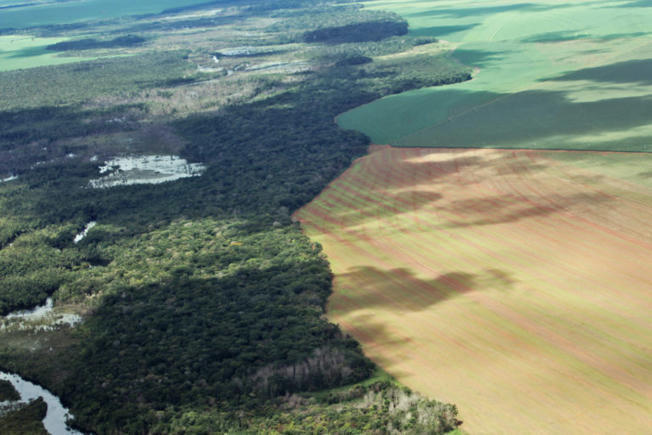
At the recently concluded COP27 climate summit in Egypt, 14 major agricultural commodity companies, including Cargill, ADM and JBS, released a plan to end deforestation associated with the production of soy, palm oil, beef and cacao by 2025. It was an important announcement from some of the largest traders of agricultural commodities: after the burning of fossil fuels, agriculture is the biggest contributor to global greenhouse gas emissions. Cutting down forests for pasture and oil palm plantations, or plowing up savannas to plant soy is a key driver not just of climate change but is also primarily responsible for the biodiversity crisis and at the heart of violent and deadly conflicts over land.
The road map was swiftly criticized by environmental groups, who said that not only were the commitments not ambitious enough, but that they also gave companies carte blanche to continue deforesting until the cutoff date with no repercussions.
“The roadmap’s insistence that individual companies undertake best efforts to establish individual cut-off dates for deforestation no later than 2025 means the bulldozers will keep running and the destruction will continue,” Mighty Earth, a global environmental advocacy organization, wrote in a statement.

Read more...
About the Author

EcoVadis is a purpose-driven company whose mission is to provide the world's most trusted business sustainability ratings. Businesses of all sizes rely on EcoVadis’ expert intelligence and evidence-based ratings to manage risk and compliance, drive decarbonization, and improve the sustainability performance of their business and value chain. Its AI-powered risk mapping, actionable scorecards, benchmarks, carbon action tools, and insights guide a resilience and improvement journey for environmental, social and ethical practices across 200 industry categories and 175 countries.
Follow on Linkedin
Visit Website
More Content by EcoVadis EN
Follow on Twitter Follow on Linkedin Visit Website More Content by EcoVadis EN
























